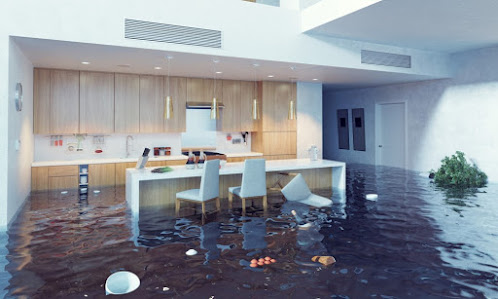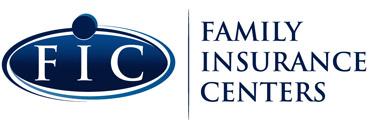Tips for Preventing Damages Related To Sewer Backup
 A backed-up sewer or drainage system can damage your house in various ways. For example, the wastes can fill your house with bad odor, cause water damage, and expose you to dangerous microorganisms. Such damages cost a lot of money to deal with. Below are some tips to prevent drain backup and related damages.
A backed-up sewer or drainage system can damage your house in various ways. For example, the wastes can fill your house with bad odor, cause water damage, and expose you to dangerous microorganisms. Such damages cost a lot of money to deal with. Below are some tips to prevent drain backup and related damages.
1. Prevent the Backups
The best method is to prevent the backups from occurring in the first place. Below are some helpful tips that can help.
Upgrade Aging Structures
Your drainage system degrades over time. Pipes corrode, connections dissociate, and cracks appear. The damage increases the risk of blockages, which might lead to backups. For example, tree roots can intrude into pipes via cracks and block sewer flow. Replace your aging drainage structures to eliminate such risks.
Maintain Your Drainage
Regular maintenance of the drainage system can also prevent backups. Here are some helpful maintenance practices:
- Regularly flush the drainage system to eliminate debris that might accumulate and cause blockages. You can use boiling water, vinegar, and baking soda to flush the drainage.
- Regularly inspect the system to detect emerging problems and fix them before they cause backups.
- Install drain guards to trap solid debris that might go down the drain and block the pipes.
Apart from DIY maintenance, regular provisional inspection and maintenance are also helpful.
Use the Drainage Responsibly
How you use your drainage determines the types of debris it handles, which in turn determines its susceptibility to blockages. Here are some tips for the drainage’s responsible use:
- Don’t flush unnecessary things (such as paper towels and diapers) down the toilet since they might cause blockage.
- Don’t let fats, oils, and grease into your drainage system since they might solidify and block the drains.
- Stick to professional service whenever you renovate your drainage system.
Responsible use and maintenance will prevent most drainage problems.
Install Backwater Prevention
A backwater prevention valve ensures your drains only flow in one direction – out of the house. That way, wastes won’t back up into your house even if something blocks the drainage channels.
2. Mitigate Damages in Case of Backup
Circumstances out of your control can cause wastes to back up into your house despite your best preventive measures. For example, problems can occur in the main neighborhood sewer line where you have no control. In such a case, you cannot prevent the backup, but you can mitigate the losses it might cause. Below are some helpful loss mitigation measures:
- Stop using your plumbing system to avoid sending more wastes down the drain since they will just back up and cause more damage.
- Clean up the spillage to limit your house’s exposure to moisture; the more exposed your house is to the water, the more damage it will suffer. For example, prolonged exposure can cause rot and corrosion.
- Take out furnishings and other items exposed to the waste and dry them.
Note that sewer wastes contain dangerous microorganisms that can make you sick. Wear appropriate clothing, shoes, and gloves to avoid contamination or let professionals handle the cleanup for you.
3. Buy Relevant Insurance Coverage
Lastly, get relevant insurance coverage to compensate losses that sewer backups might cost you. For example, a sewer backup that occurs while you are away can cost you serious losses before you can clean it up. In addition, standard home insurance does not cover sewer or drain backups. Buy separate coverage or rider for the risk for your peace of mind.
Contact Family Insurance Centers for quotes on all your home insurance needs. We will help protect your home whether you want standard coverage or add-ons. We have been active in the insurance industry since 1984 and promise to get you relevant coverage at affordable rates.
